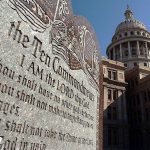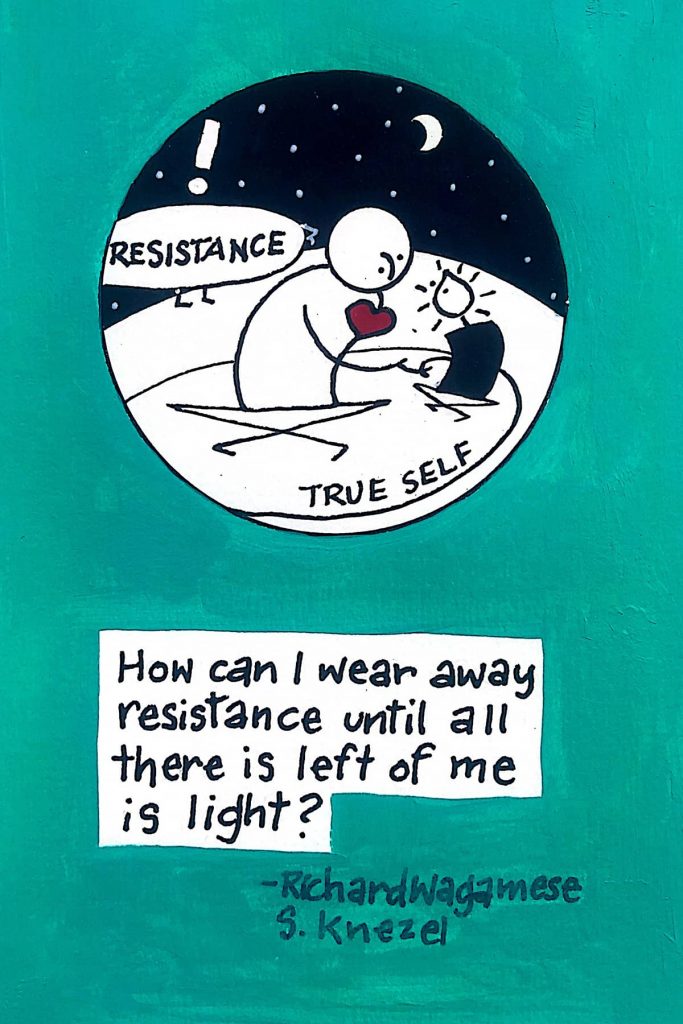The political divisions of 1860 and 1968 as a lesson for the 2020 elections
By Austin Sarat, Professor of Jurisprudence and Political Science, Amherst College Nasty, divisive elections are nothing new in the United States. As someone who teaches and writes about the importance of historical memory in American law and politics, I believe the 2020 election will rival the ugliest America has ever witnessed. There are lessons that can be learned from examining this election’s parallels with two previous presidential elections – 1860 and 1968 – both of which left America deeply divided. Slavery and geography in 1860 In the lead-up to the 1860 election, the nation was splintered by the question...
Read More















